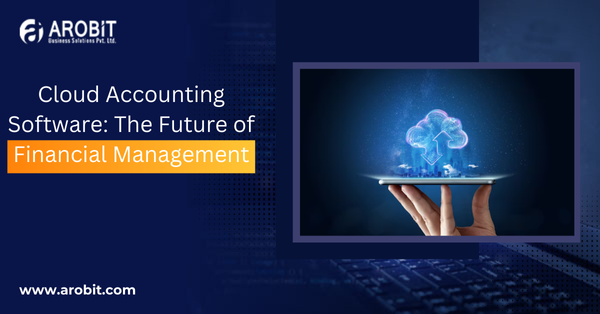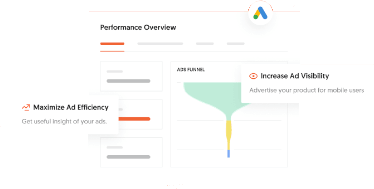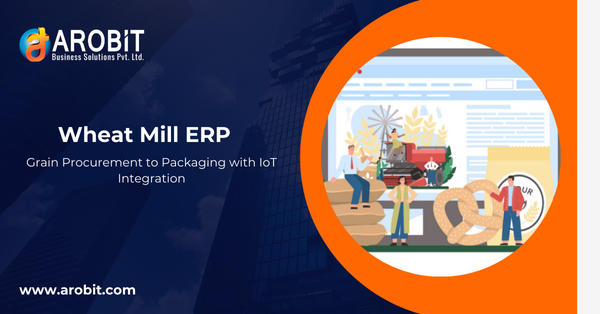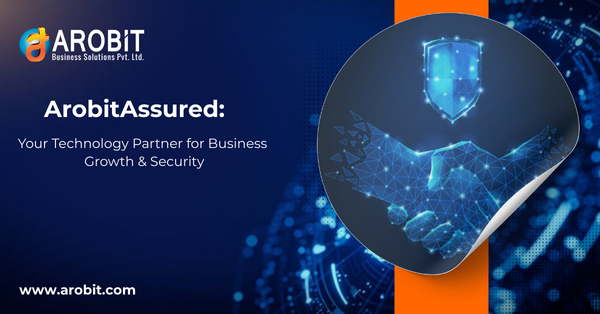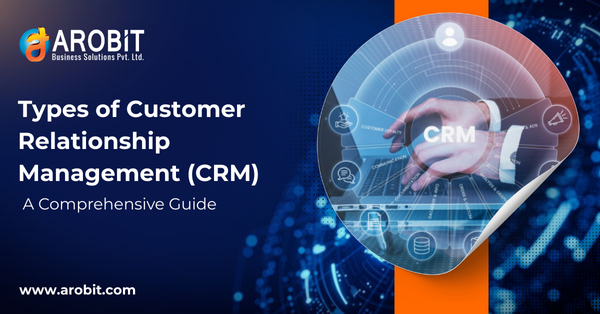This modern business world is changing rapidly, and staying ahead is crucial if success is the goal. Technology has made great strides, especially in areas like accounting; this is largely fueled by cloud accounting. The usage of cloud accounting software in 2025 is steadily on the rise and revolutionizing the way business handles its finances.
The latest data provides an interesting perspective on these changes. By 2025, the cloud accounting software market will reach $5.39 billion in value, growing at a compound annual growth rate of 9.9 per cent. It shows rapid growth; such growth is an attestation to the growing recognition of the value that cloud accounting brings to businesses of all sizes.
What is Cloud Accounting?
Cloud accounting has also been termed online accounting or web-based accounting, whereby accounting comes from the specific software retained in the cloud instead of local computers or servers. Such practice permits businesses to manage financial operations like bookkeeping, invoicing, and reporting via internet-connected devices, regardless of their location. Cloud accounting means you can do your accounting online from anywhere via an internet-connected device. But actually, there are two kinds of cloud accounting: the one hosted under your assumption and the one hosted in the cloud. Somewhere in between are applications where users pay per user per month.
How Cloud Accounting Works
Cloud computing employs software to manage processes for finance and accounting, where data is secured and stored in remote servers maintained by the software provider. Users gain access to the software and financial information through web browsers or mobile applications; thus, local installation and maintenance are not required. Herein is some simplified working:
- Data entry: Guarantees either manual entry of finance data into the system or auto-entry using bank feeds.
- Processing: Cloud software processes and organizes accounting data by rules, both standard and user-defined.
- Storage: All information is stored in secured remote servers to ensure data integrity.
- Reporting: Users can create real-time financial reports and analyses based on their stored data.
Cloud Accounting vs. Traditional Accounting
The transition in the field of accountancy will move from employing the old system of accounting to the new cloud-based solution, indicating operational efficiency and work functionality to different degrees. While a range of advances in accounting systems exists, here are some of the key differences:
- Accessibility: One can access cloud accounting from any device that has internet access; traditional practices, however, may limit access to particular office computers.
- Real-time Updates: Instant updates come together with cloud systems, while traditional ones may need to be updated and reconciled manually.
- Collaboration: Cloud systems permit simultaneous access for users, hence improved team productivity.
- Cost: Predictable subscription fees on common cloud systems with lower upfront costs are better than protruding traditional software initial investments.
- Maintenance: With updates and maintenance done by the cloud provider, therefore putting less obligation on the internal IT team.
Benefits of Cloud Accounting
The following are some basic advantages of cloud accounting:
- Real-time access: Financial data maintains instant updates, giving a snapshot of current business finances.
- Automation: Most regular tasks are automated, cutting down on manual data entry along with the possibility of mistakes.
- Cost-effective: The lowered infrastructure and IT costs make cloud accounting more economical for all sizes of companies.
- Enhanced security: This gives the cloud providers better security tools than individual companies could ever achieve.
- Scalability: Cloud accounting packages easily adjust to the growing needs of the business without remarkable investment on the part of the growing business.
- Improved Accuracy: Collapsing varieties for financial documents ensures administration, pushed along by ongoing data synchronization among systems.
- Better Collaboration: The ability to work simultaneously on something promotes easy collaboration between team members and outside accountants.
- Disaster Recovery: The keeping of backup data on the cloud is to ensure it is recovered from a local hardware failure or any other disaster.
Key Features of Cloud Accounting Software
The advanced cloud accounting software comes with these useful functions that ease up the finance management process:
- Multi-user Access: Multiple team members can enter the same data at the same time.
- Integration Capabilities: Straightforward connection to other business applications, namely CRM systems and payment gateways.
- AI-driven Automation: An application using an AI automates tedious tasks and provides insights.
- Mobile Usability: Mobile apps for financial management on the go.
- Custom Report Creation: Users can generate customized financial reports crafted to meet particular business needs.
- Bank Feed Integration: Bank transactions are imported and categorized automatically.
Choosing the Right Cloud Accounting Solution
Choose the cloud accounting software that best fits your business with careful consideration for a few factors:
- Size and Complexity of Business: Maximize software support toward transaction volume and other reporting requirements.
- Security Features: Look for maximum encryption, multi-factor authentication, and regular audits for security.
- Integration: Choose software that smoothly dovetails into your existing business tools.
- Use: Choose an easy-to-use interface that your team should easily be able to get up with.
- Scalability: A solution that grows along with your business.
- Support and Training: Think of customer support and related training material available for this software.
Popular cloud accounting packages include QuickBooks Online, Xero, and NetSuite, each presenting various features integrated to serve different business needs.
FAQs
Q1. What is cloud accounting?
A1. Cloud accounting refers to accounting systems that manage financial operations used by software hosted on remote servers accessible via an internet connection.
Q2. Is cloud accounting the same as cloud computing?
A2. Though related, these are not the same. The cloud accounting term is more specific to the accounting software and processes hosted in the cloud, while cloud computing is a more general term that describes a broader range of online services and storage options.
Q3: How safe is cloud accounting?
A3. Cloud accounting is generally fairly secure and, in most cases, has providers with very sophisticated security measures in place, which include encryption, constant backup, and lastly, multi-factor authentication. 94% of those who switched to cloud accounting software reported improved security.
Conclusion
As we keep on with 2025, the perks of cloud accounting unfold in broad daylight. In other words, it's a way of managing finances for businesses, from having real-time financial insights to enhanced collaboration and security. With a projected market reach of $7.75 billion by 2029, it's evident that cloud accounting is not only a fad; it's the future of financial management.
Cloud accounting is a smart move for business owners who are hoping to refine their entire financial processes, from efficiency and accuracy to improved insight into their financial standing. A software development company focused on cloud solutions, we recommend investigating various accounting packages in the cloud and selecting a fit suitable for your business requirements. Go Cloud Accounting and take your business to the heights of financial prosperity in this digital world.

